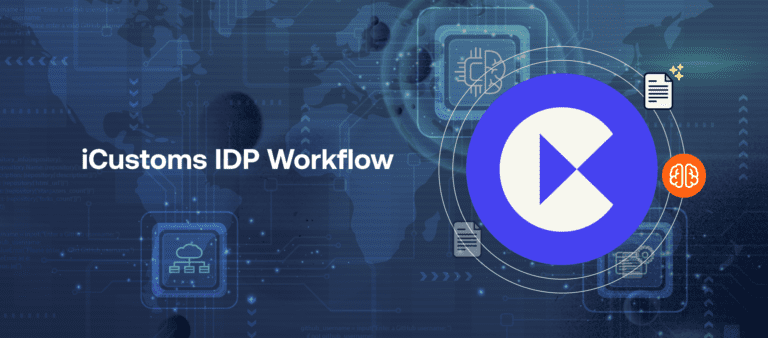Fast & Accurate ENS GB & EU ICS2 Solutions Built for You.
Red Sea Trade Chaos Leads to Rise in Air Freight Demand
-
Freya Jane
- Director of Customer's Success
The problem with shipping through the Red Sea is starting to impact the global economy more and more. Carriers avoiding the area are suffering from longer transit times around Africa, leading not only to higher costs but also delayed deliveries and disruption throughout the global supply chain.
Approximately 12% of global trade, valued at over $1 trillion (£790 billion), traverses the Red Sea annually. The recent surge in air freight is mainly seen in cargo destined for Europe, as companies opt for shorter routes, avoiding the lengthy diversions around Africa’s Cape of Good Hope. Choosing this route adds one to two weeks to shipping journeys compared to the Red Sea and Suez Canal.
Last week, Japanese operators NYK Line and K Line confirmed they would be avoiding the Suez Canal for their trips from Asia to Europe. Automotive manufacturers, including Suzuki Motors, Tesla, and Volvo, have also reported manufacturing impacts, with suspensions in Europe due to delayed components.
The rising cost of maritime insurance is adding to the overall cost of international shipping and encouraging more vessels to be rerouted around the Cape of Good Hope. According to Bloomberg, underwriters are now charging between 0.75% and 1% of a ship’s value to ensure its passage through the Red Sea, a significant increase from the rate a few weeks ago.
Businesses are navigating these challenges by opting for more direct and expedited modes of transportation. This highlights the global shipping industry’s concerns about navigating the Suez Canal, and the response reflects a proactive effort to find alternative and more secure transportation methods.
Supply chain firms have recently reported a significant surge in air freight demand in the weeks after the Red Sea crisis. Air cargo volumes from Vietnam to Europe soared by 62% in mid-January. Flights are already 93% full from a cargo perspective, and it is likely air freight rates will increase much more if demand continues.
In this situation where trading through the sea is facing problems, iCustoms can offer a solution by helping businesses use air freight for faster and more secure transportation of goods to ensure uninterrupted trade in the wake of these changes.
Being CCS-UK accredited means that iCustoms is one of the select platforms capable of clearing goods transported by air. So whatever the mode of transport, we’ve got you covered.
Explore iCustoms.ai’s AI-powered platform to optimise your customs and trade processes
An all-in-one solution designed to streamline all customs procedures to save you time and costs.
